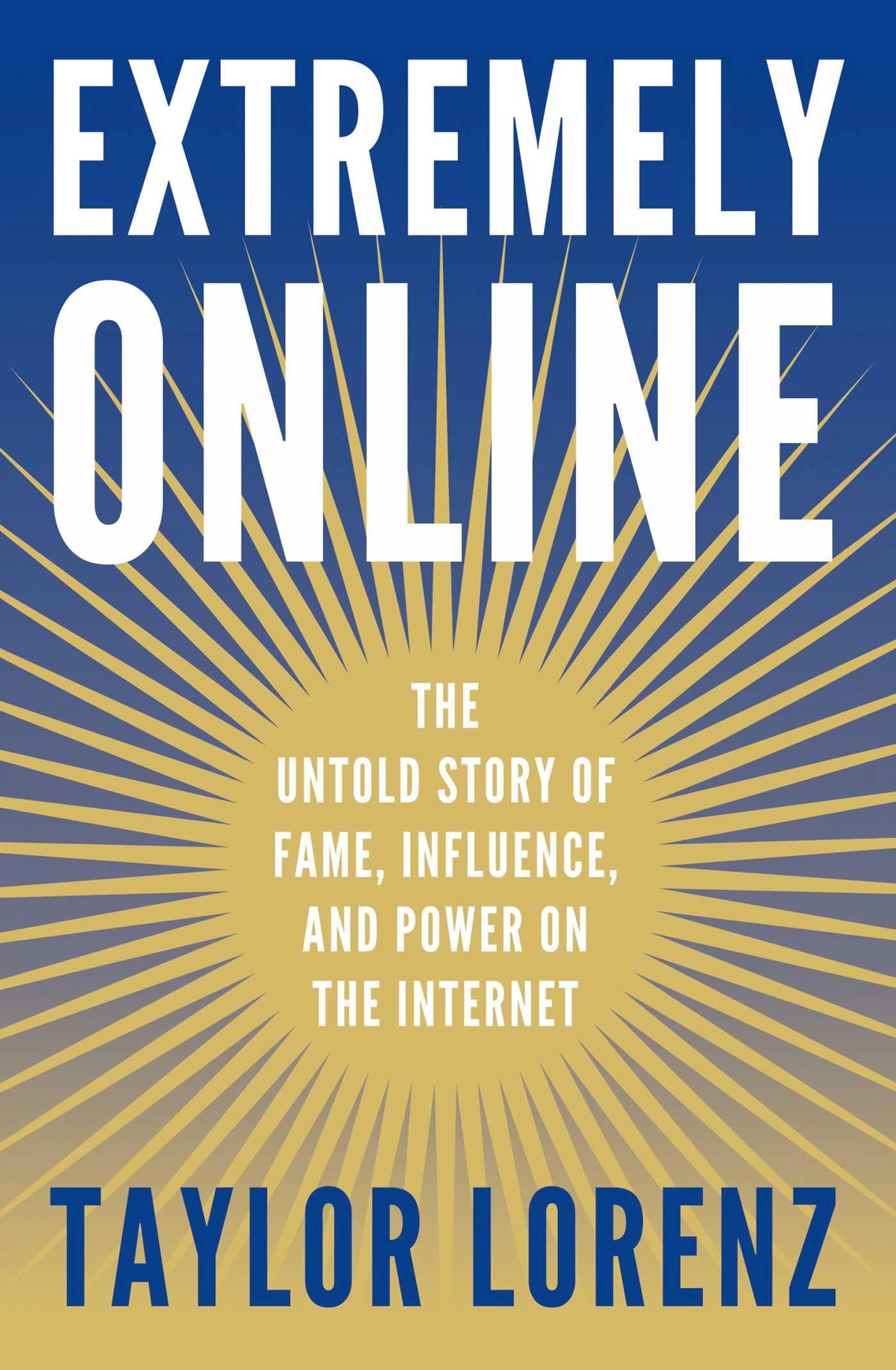@mlanger@mastodon.world @rpmik@avgeek.social It was great. Helps me feel like I’m not crazy when I see people who feel the same way. They do a great job explaining the technology and how it’s never going to live up to the hype.
User Profile
software dev in northern california • former worship leader now exvangelical, though the bulk of my reading history is theology • fiddle player 🎻 • INTJ • he/him
This link opens in a pop-up window
Aaron Lord's books
User Activity
RSS feed Back
Aaron Lord started reading Termination Shock by Neal Stephenson

Termination Shock by Neal Stephenson
Termination Shock takes readers on a thrilling, chilling visit to our not-too-distant future – a world in which the greenhouse …
Aaron Lord replied to Maria Langer ✔️🤣 | 🚁🛥️'s status
Aaron Lord started reading Essential Guide to Hiking with Dogs by Jen Sotolongo
Aaron Lord started reading Enshittification by Cory Doctorow
Aaron Lord finished reading The AI Con by Emily M. Bender

The AI Con by Emily M. Bender, Alex Hanna
A smart, incisive take-down of the bogus claims being made about so-called ‘artificial intelligence’, exposing the real harm these technologies …
Aaron Lord wants to read Enshittification by Cory Doctorow

Enshittification by Cory Doctorow, Cory Doctorow
Enshittification: it’s not just you―the internet sucks now. Here’s why, and here’s how we can disenshittify.
We’re living through …
Koantig reviewed The AI Con by Emily M. Bender
The AI Con
5 stars
This is a great summary of everything that's wrong with the current hype around AI and especially LLMs. It doesn't expect any prior knowledge to the field and is a very good introduction to a lay audience. The authors (@emilymbender@dair-community.social and @alex@dair-community.social) also have a great podcast that I'd recommend: "Mystery AI Hype Theater 3000".
The book has so many quotable passages that I can't possibly list them all here but to give you an idea: * In the vast majority of cases, AI is not going to replace your job. But it will make your job a lot shittier. * As with AI "art" discussed above, AI boosters think that science is only about ideas, rather than communities of practice. * The point of talk therapy is not to exchange text strings, but rather human connection, which furthermore is guided by the expertise of the therapist. …
This is a great summary of everything that's wrong with the current hype around AI and especially LLMs. It doesn't expect any prior knowledge to the field and is a very good introduction to a lay audience. The authors (@emilymbender@dair-community.social and @alex@dair-community.social) also have a great podcast that I'd recommend: "Mystery AI Hype Theater 3000".
The book has so many quotable passages that I can't possibly list them all here but to give you an idea: * In the vast majority of cases, AI is not going to replace your job. But it will make your job a lot shittier. * As with AI "art" discussed above, AI boosters think that science is only about ideas, rather than communities of practice. * The point of talk therapy is not to exchange text strings, but rather human connection, which furthermore is guided by the expertise of the therapist. And so many more!
The book does a great job of showing how ridiculous the claims of AI boosters are when taken at face-value but also what impoverished views of the world and notions of truth and expertise AI carries with it. I particularly liked what they say about information retrieval, which is supposed to remove "friction":
friction in information access is actually not only beneficial, but critically important.
This is crucial, and something I've noticed time and time again. People using LLMs for search are ready to trust the output simply because it appears to be the one answer to their query; they don't have to go through a list of links, evaluate them and make a final judgement call about their relative merits. But this exercise is essential! A document is not just a collection of text strings, it has an author, an origin and a context, and it's only when all those things are taken together that one can really gauge how much trust they should assign to it.
(To French readers: this also ties nicely with "Éloge du bug" by Marcello Vitali-Rosati @monterosato@mamot.fr, where friction is a central element.)
Aaron Lord started reading The AI Con by Emily M. Bender

The AI Con by Emily M. Bender, Alex Hanna
A smart, incisive take-down of the bogus claims being made about so-called ‘artificial intelligence’, exposing the real harm these technologies …
Aaron Lord commented on Money, Lies, and God by Katherine Stewart
Aaron Lord rated Money, Lies, and God: 5 stars

Money, Lies, and God by Katherine Stewart
Why have so many Americans turned against democracy? In this deeply reported book, Katherine Stewart takes us to conferences of …
Aaron Lord started reading Determined by Robert M. Sapolsky

Determined by Robert M. Sapolsky
One of our great behavioral scientists, the bestselling author of Behave, plumbs the depths of the science and philosophy of …








